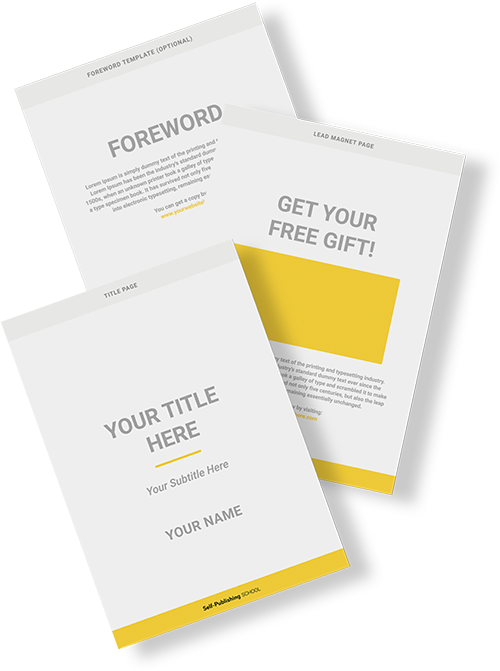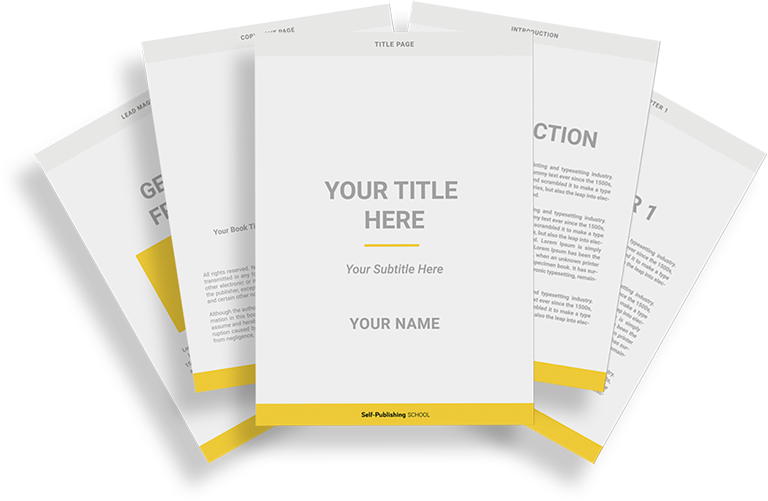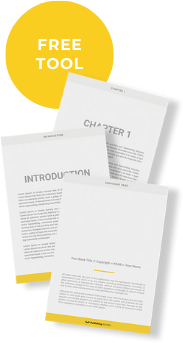Magic words have been a prominent aspect in literature, particularly in fantasy genres and fairytales, throughout history. Let’s talk more about what exactly magic words are, which genres utilize them, and how to create our own.
Table of Contents
What are magic words?
“Magic words” in literature are words and phrases used when writing fantasy or magical realism genres, but can really appear in any genre of literature. They take many forms, including spells, incantations, social/group chants, or even simple affirmations and mantras.
Magic words can play a literal role, as they do in stories with wizards and other magical creatures, but they can also play a symbolic role, representing the power of language and words to shape our thoughts and experiences.
Creating unique and effective magic words can leave your reader with a sense of wonder and enchantment, immersing them in your book’s world.
Magic words you’re probably familiar with include:
- Abracadabra
- Bibbiddi-bobbiddi-boo
- Hocus pocus
- Open sesame
- Avada kedavra
When using magic words in your own writing, it’s best to come up with original ones, unless using a cliche phrase serves some intentional purpose for your story.
Overall, magic words add an element of wonder and enchantment to a story, as well as serving as a powerful literary device for exploring themes like self-exploration, discovery, and transformation. They can also greatly enhance vibes.
How to use magic words
Here are seven tips to create the best magic words and phrases for your book.
1. Be original
Make them unique and memorable, unless you have an intentional and compelling reason not to. For example, had the writers of Once Upon A Time created their own original magic words instead of using the ones from the famous source material, they’d be pretty weird for that. But in most cases, you should create original magic words that make sense for your particular universe and story.
2. Use them intentionally
Like any element in your story, magic words should have an intentional use. If you’re just peppering them around for general flavor with no real purpose or connection to the story, it will weaken their effectiveness and possibly weaken the worldbuilding and story as a whole.
3. Consider worldbuilding
Your magic words and rules should make sense for the world you have created. For example, if you are utilizing some ancient magic from a society that spoke in an ancient language, it makes sense for the words and phrases to be etymologically accurate for that made-up language.
4. Set rules and stick to them
The most important element of building a magic system in a book is establishing the rules and sticking to them. That doesn’t mean that the reader has to know everything about your magic system from the jump, but you certainly should.
For example, if you have established a magic system that uses potions, wards, and other physical objects, having a character suddenly use mind control or fire bending out of nowhere might make your reader lose immersion. Inconsistency in your magic system makes it harder for readers to suspend their disbelief.
5. Make them have a purpose
If your magic words don’t represent anything, aren’t a part of your society’s culture, and don’t “do” anything, including them might confuse your reader. There should be a specific reason you include magic words, and an intentional way you craft them.
6. Consider symbolic meaning and implications of the etymology
When choosing the actual words for your magic words and phrases, consider your language’s etymology. If everything in your story is English (or your real native language), then the etymology could be related to how the word came about, what people invented it, and what kind of magic system the words are connected to.
You can also play with symbolism when crafting your magic words—what do they represent? What is their function? What is the deeper meaning or effect of that function? The more meaning you can weave into things like magic words, the richer your world will be for readers.
7. Consider sound
The sound of your words is as important as their use and meaning! You might use consonance (repeating consonant sounds), like in “avada kedavra.” Or a repeating prefix, suffix, or word style, as in “bibbidy-bobbidy-boo.” Creating words and phrases with memorable sounds can make your story more memorable and iconic.
If your words are too strange or hard to pronounce (the classic fantasy genre keyboard smash), then your readers’ eyes will likely skim right over it without even trying to pronounce it, much less remember it after they’ve read the book. Creating a word that is unique, but also formable by a human mouth, is an important balance you should aim to strike.
Be original and intentional when crafting your magic words, give them a purpose and place within your world and the society’s culture, and consider the symbolism, sounds, and etymology.
What types of books use magic words?
Magic words can be found in virtually any genre (there are no rules!), but here are the genres you’re mostly likely to see utilize magic words.
1. Fantasy and subgenres
All fantasy, from high fantasy to urban fantasy, can utilize magic words, and most do. The magic words might be directly used in spells, or they could be words used in everyday language of that world, like names of mythical beasts.
2. Fairytales and Mythology
In fairytales and mythology, magic words are usually connected with some specific moral, but a lot of times they’re also just for fun! If you’re working on a mythological or fairytale retelling, that can change things, as you might want to include some of the source material’s magic words.
3. Paranormal
In paranormal genres, you might see magic words used with witchcraft—think of TV shows like Buffy, Supernatural, and Witches of East End. Nearly every episode contains some scene where a seance, ritual, or spell needs to be performed. In these situations, the spells and incantations can be made up of a dead language from our world, like Latin, but sometimes they come up with their own original magical elements and phrases.
These genres are characterized by their use of other-worldly, magical, supernatural, and imaginative worlds different from reality. While magic words can be found in any type of book, they are most commonly used in genres that involve elements of magic, fantasy, and the supernatural.
Magic words can have a profound impact on your story, characters, and worldbuilding. Executing them well can immerse your readers in an exciting, enchanting world. Executing them poorly can make your whole story seem cliche, trite, and might pull your readers out of the world before they can really get attached to the story.
Be sure to craft your magic words and phrases with consideration and originality so they add to your story instead of detracting from it.
Happy writing!


Book Outline Generator
Choose your Fiction or Nonfiction book type below to get your free chapter by chapter outline!
Book Outline Generator
Enter your details below and get your pre-formatted outline in your inbox and start writing today!
CONGRATULATIONS
Thanks for submitting! Check your email for your book outline template.
In the meantime, check out our Book Outline Challenge.
